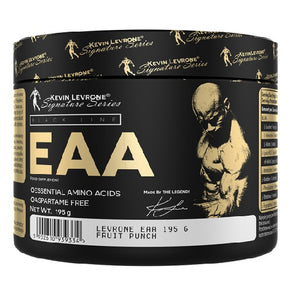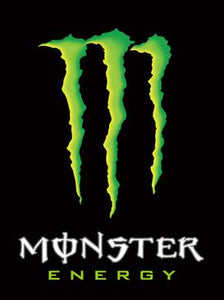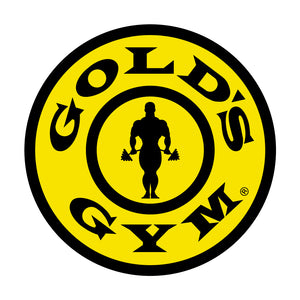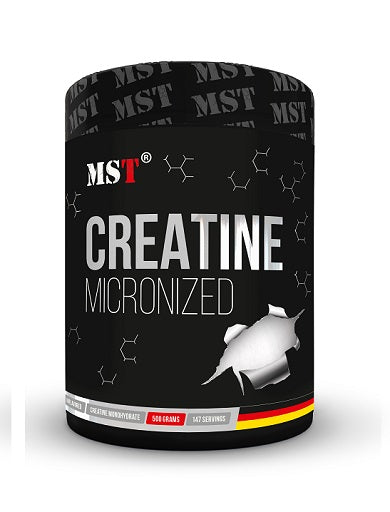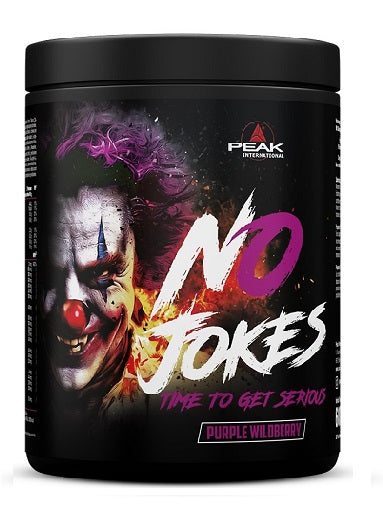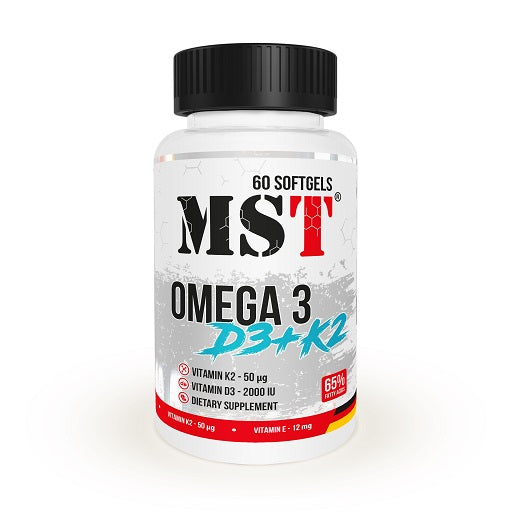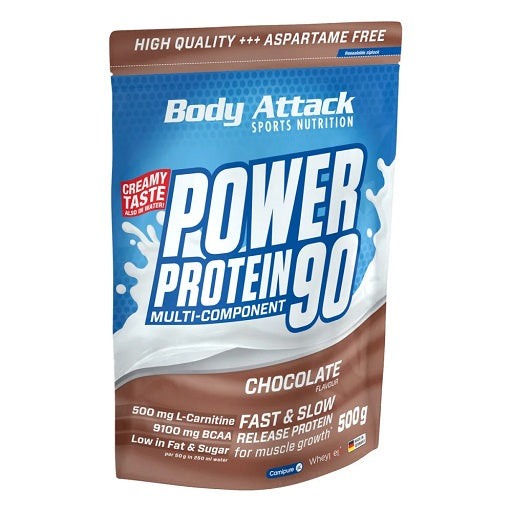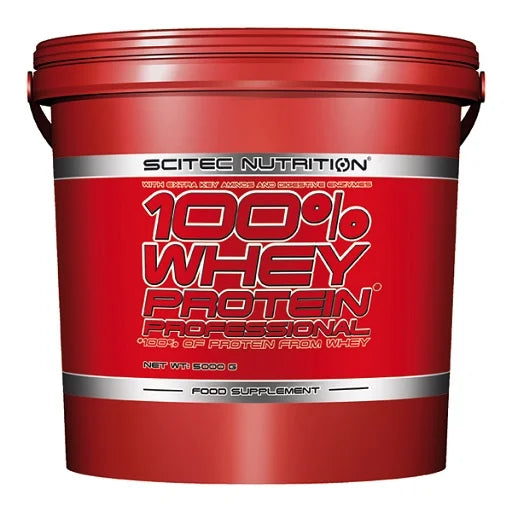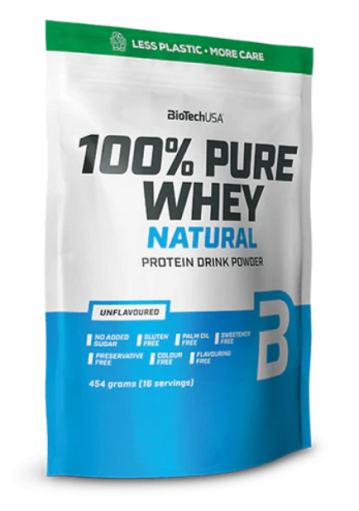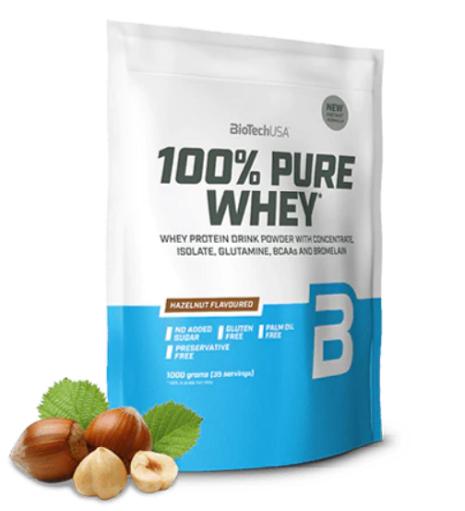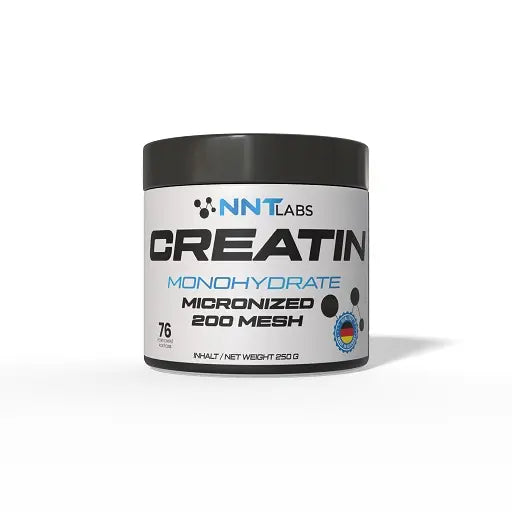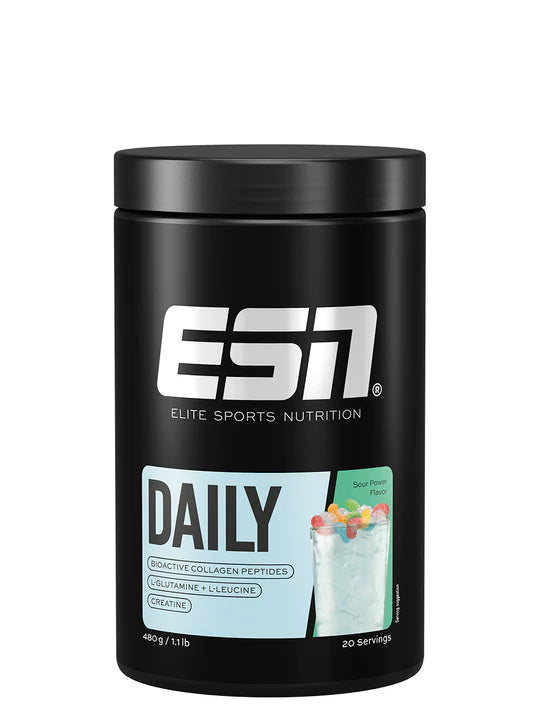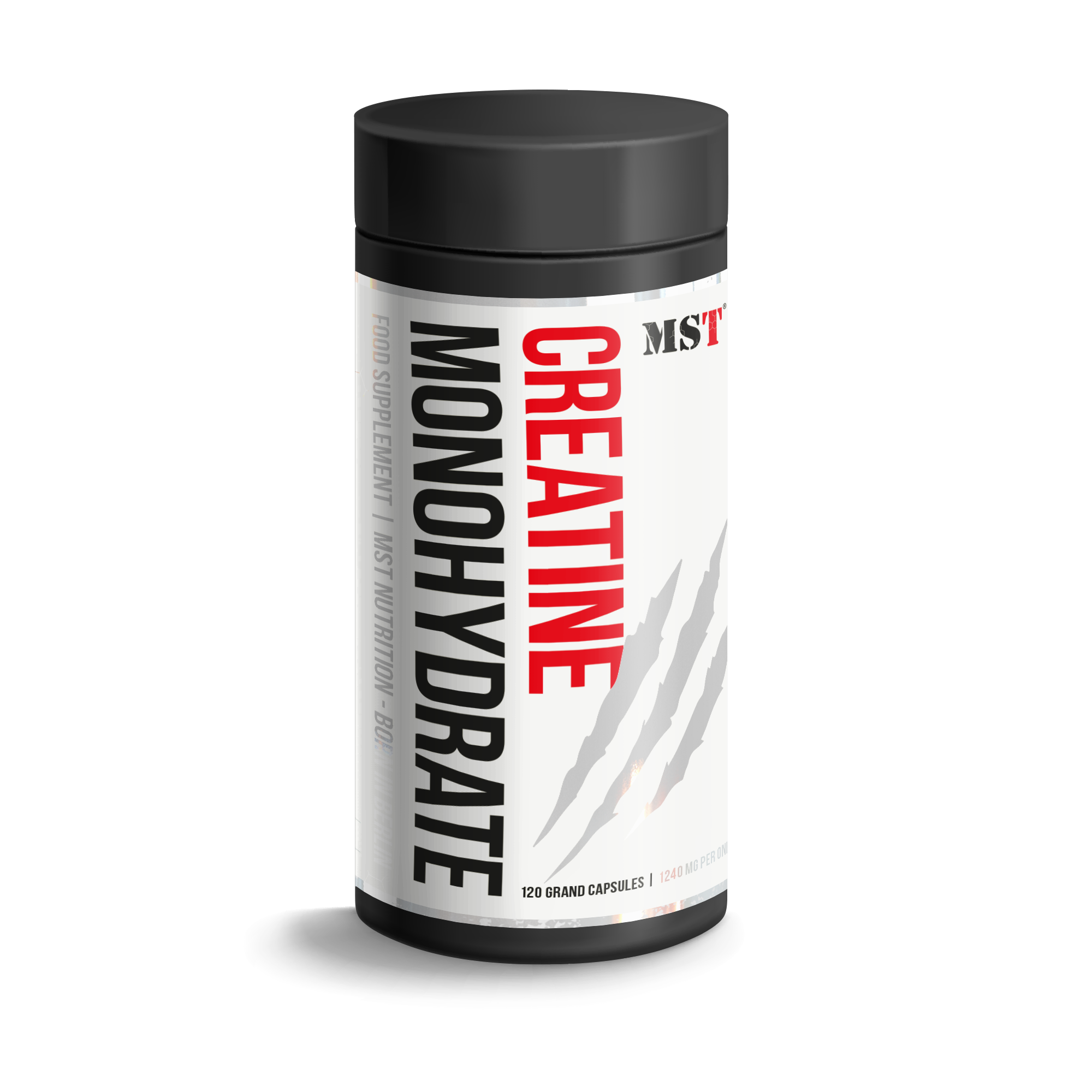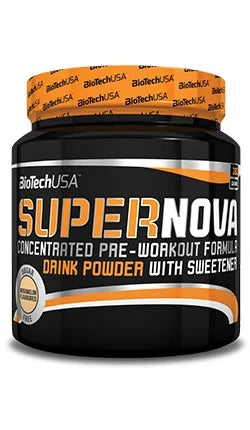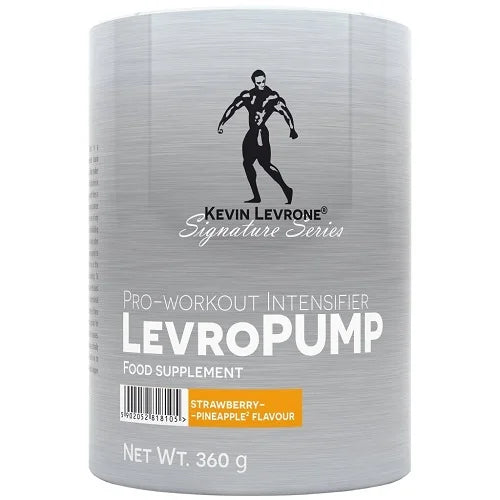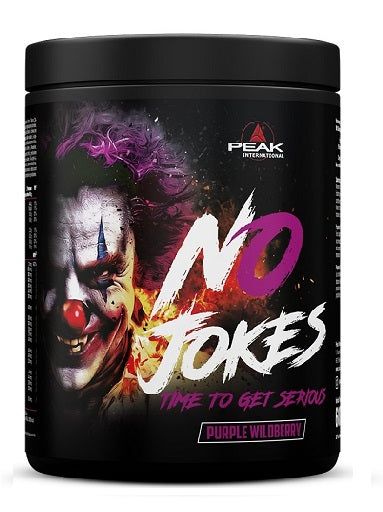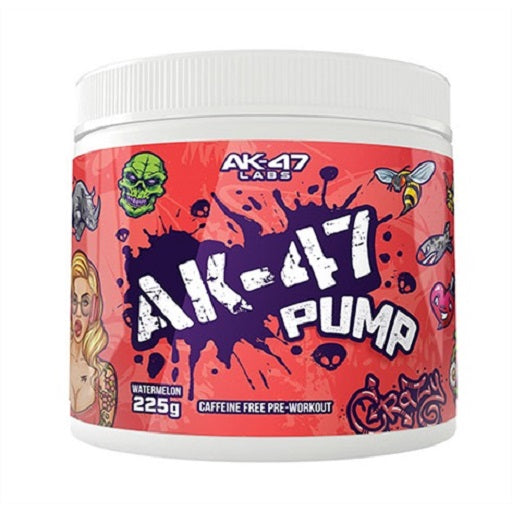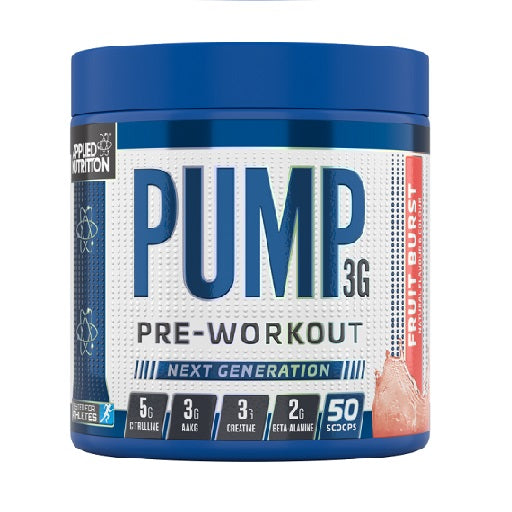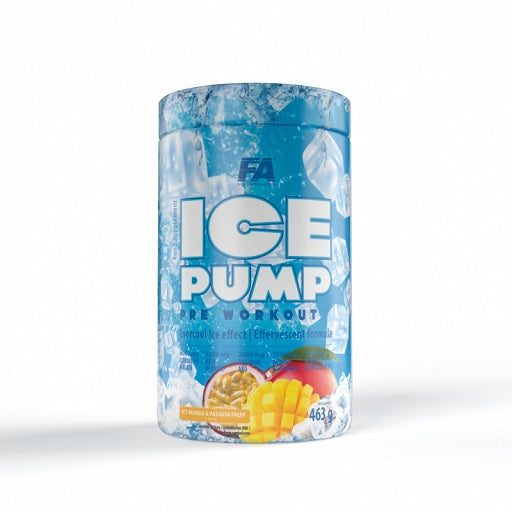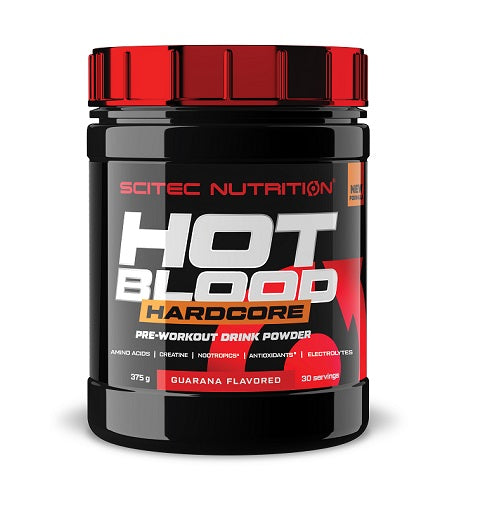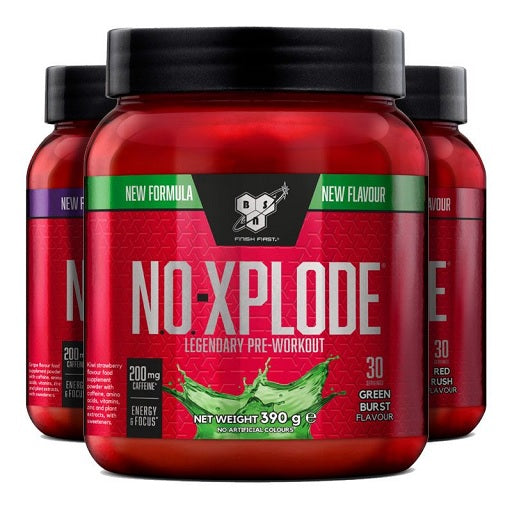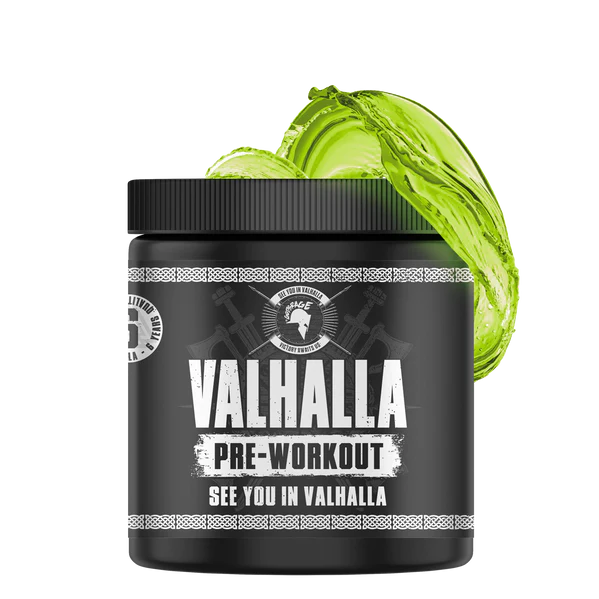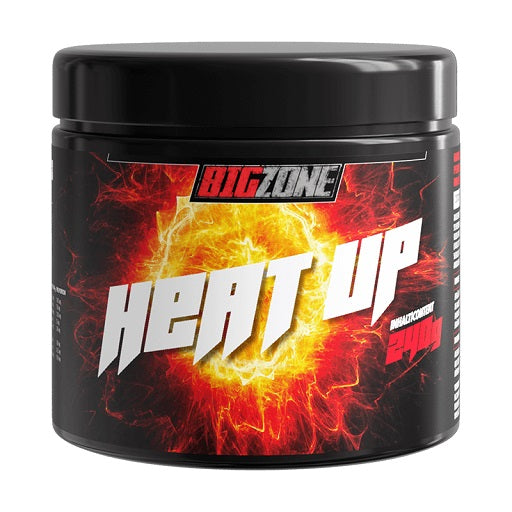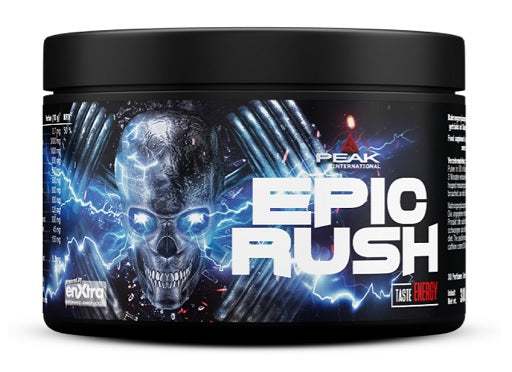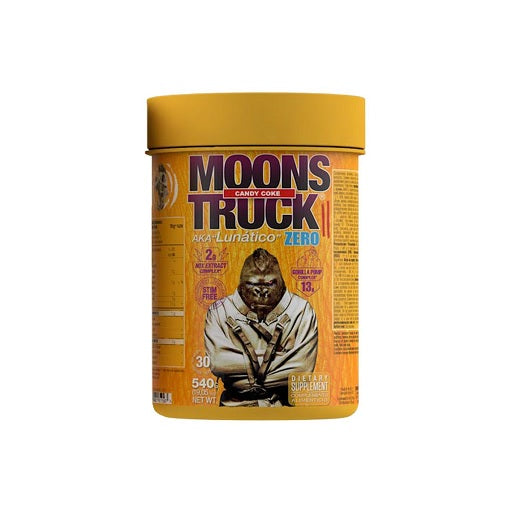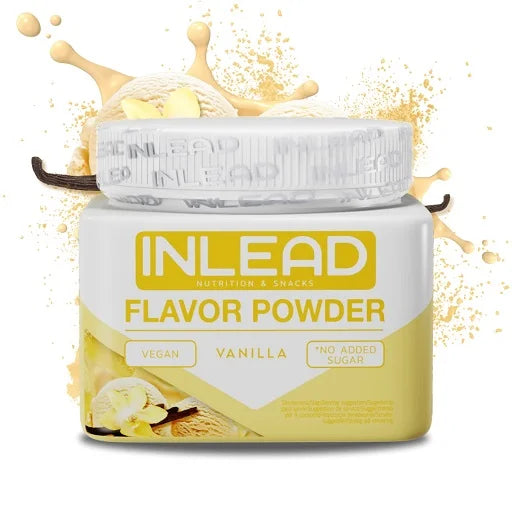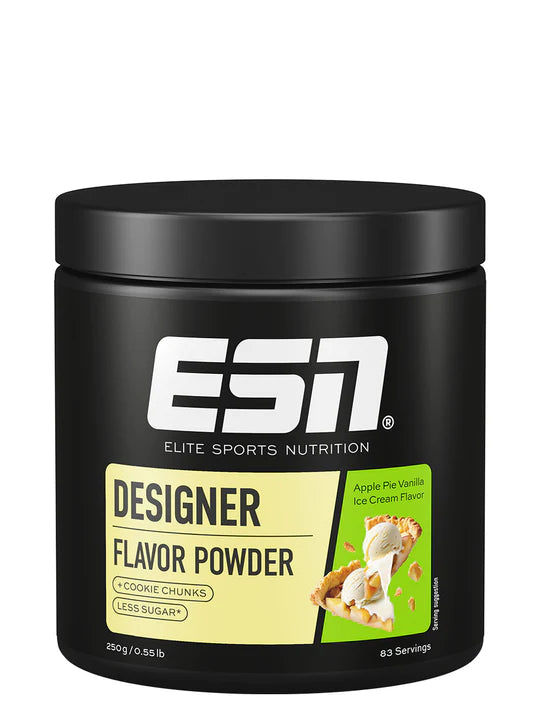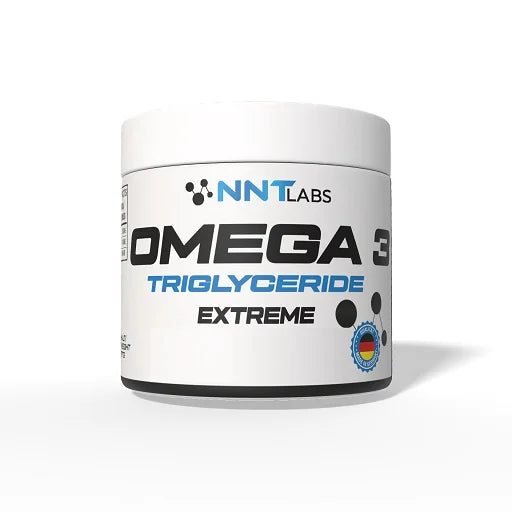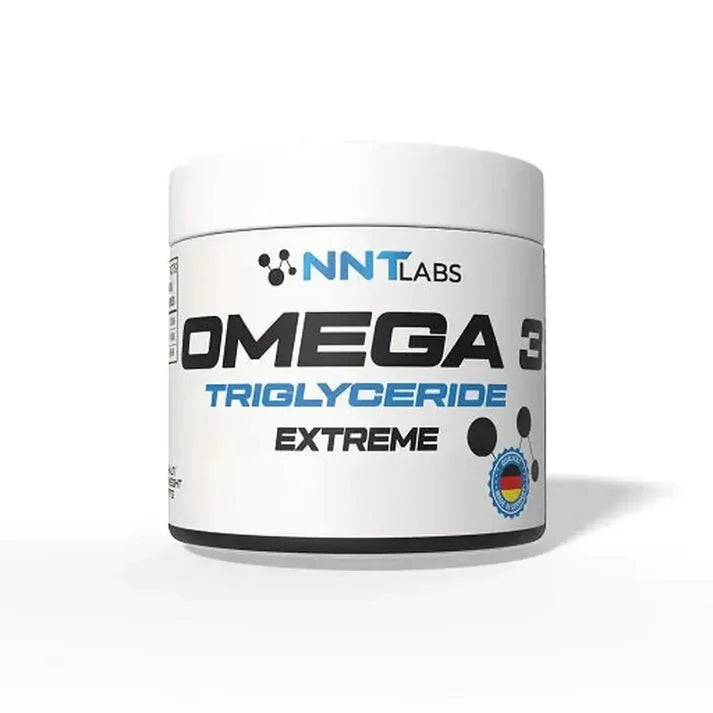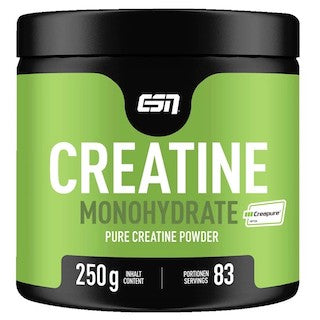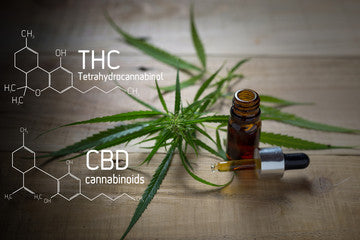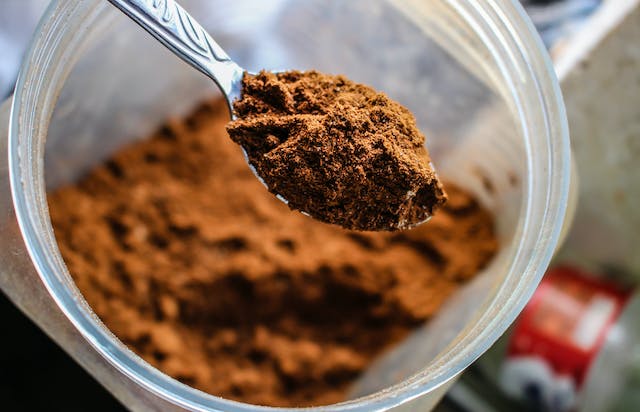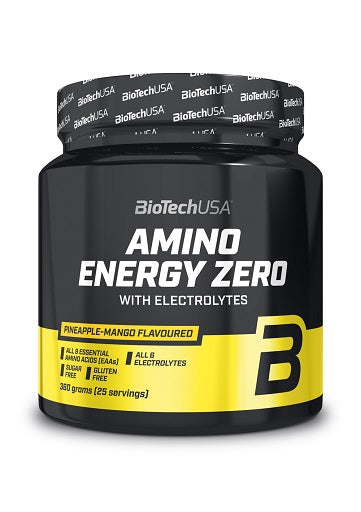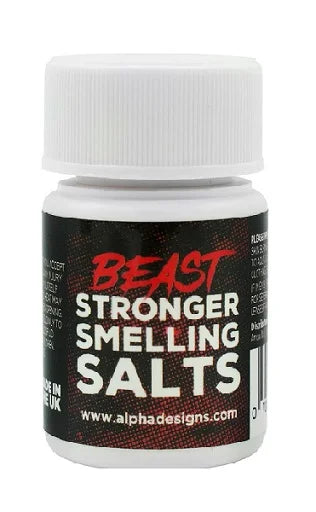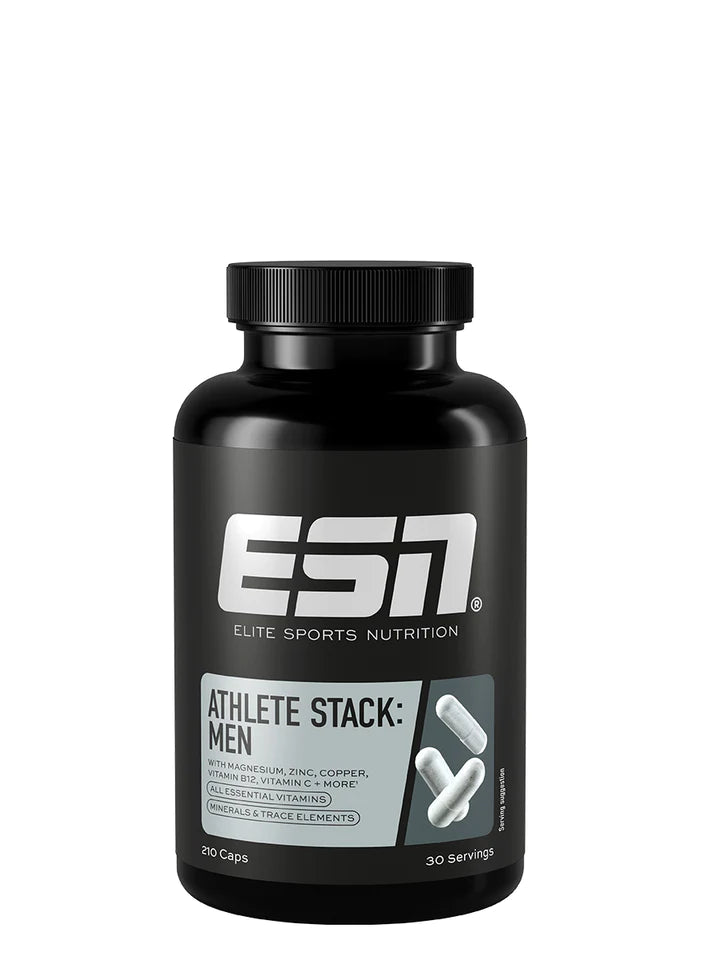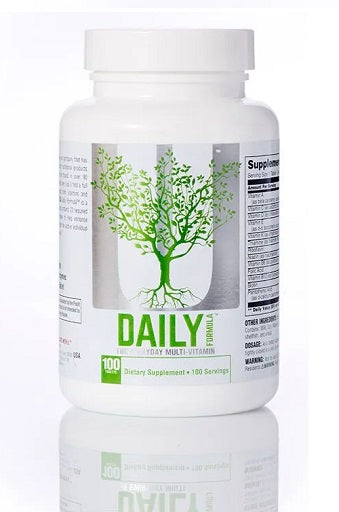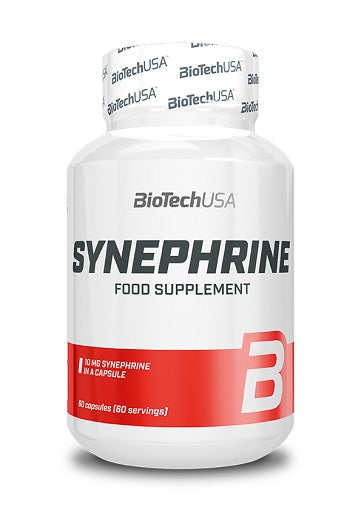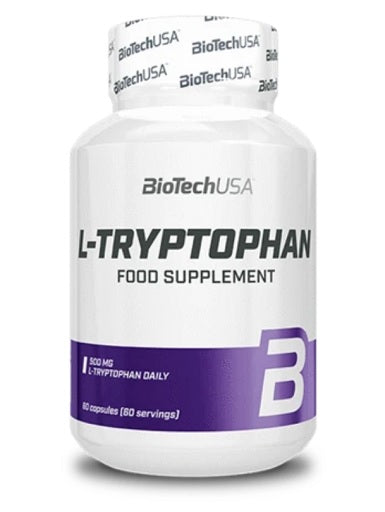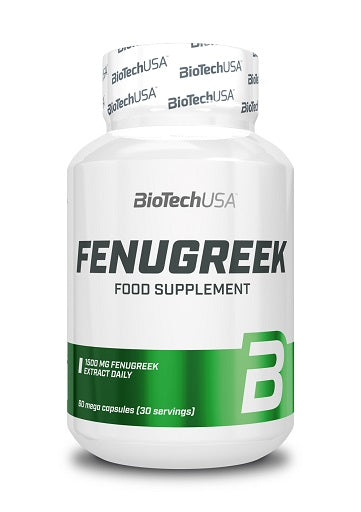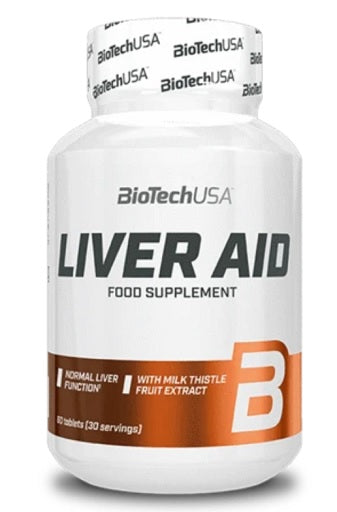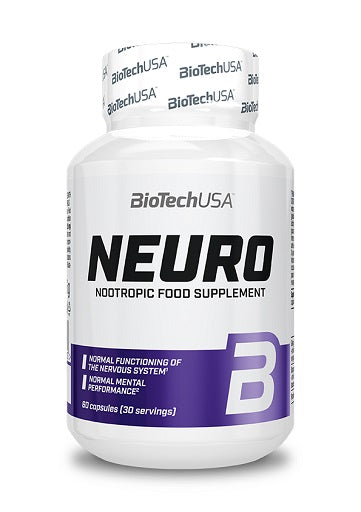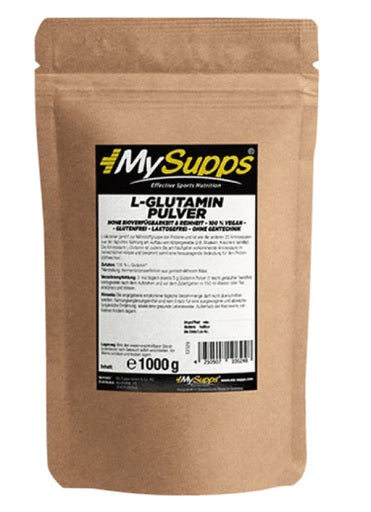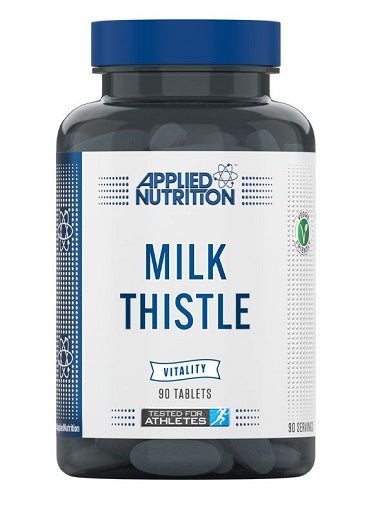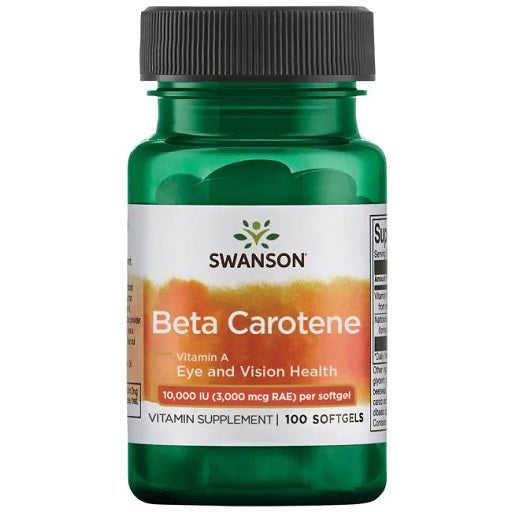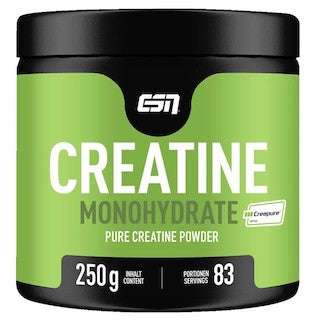
The test bench for creatine myths
shares
Creatine is considered the most effective substance when it comes to increasing strength performance. No other dietary supplement has been studied as frequently as creatine in its monohydrate form. Many studies and reviews have found that creatine has positive effects and is safe to use conventionally. Although there are facts, the myth surrounding creatine still persists. Today, the most well-known creatine myths will be examined and critically examined.
Taking creatine causes water to be retained in the body.
Early research has found that supplementing with 20g of creatine per day for six days can cause water retention. It appears that when high amounts are administered there is actually a short-term increase in total body water, extracellular water and intracellular water. Creatine is absorbed into the cell using the sodium-dependent creatine transporter. This occurs through the bloodstream, making creatine an osmotic substance. To maintain intracellular osmolarity, water is also transported into the cell during this process. Different studies provide different reports as to whether and to what extent the body retains additional water by taking creatine in various dosages, although the theoretical possibility exists. It is important to keep in mind the relationship between skeletal muscle mass and intracellular fluid content throughout this discussion. The function of this molecule is to transmit a crucial signal for the production of proteins within cells.
There is actually evidence that taking creatine can lead to increased water retention. However, this is mainly due to the intracellular volume being increased. Creatine is unlikely to promote water retention when taken over a long period of time.
Taking creatine can lead to the development of kidney damage.
Both creatine and phosphocreatine are broken down into creatinine in skeletal muscle. It is released into the bloodstream and eliminated through excretion in the urine. The kidneys play an important role in health as they filter creatinine, which would otherwise rise in the blood. Kidney function can be measured by blood creatinine levels. However, the amount of creatinine in the blood is influenced by several factors, including muscle mass and creatine and creatine intake. Consuming creatine as a dietary supplement or in the form of foods containing creatine can cause both blood and urine concentrations of creatinine to increase. It is not necessarily the case that such an observation means damage to the kidneys or loss of their function.
The most recent review on this topic comes from Longobardi et al (1) and makes the following statements:
Cumulative evidence from independent, randomized, controlled trials clearly refutes the claim that creatine is harmful to the kidneys, although there are some anecdotal reports and experimental data that may suggest this.
because there is a lack of information about possible negative effects. Adequate control of kidney function is therefore advisable to minimize possible risks.
If there is already kidney disease
There are cases where the risk of reduced glomerular filtration rate is increased.
Using creatine can cause hair loss.
It is primarily speculated that there is a connection between creatine and increased hair loss, based on the study by Merwe et al (2). Male rugby players who took creatine were observed to have an increase in serum dihydrotestosterone (DHT). The intake was 25g per day for one week, followed by 5g per day for another two weeks. A metabolite of testosterone called DHT is formed when the enzyme 5-alpha reductase converts free testosterone into DHT. DHT binds to vulnerable hair follicles in men and affects them in a way that causes hair loss. One problem in the study by Merwe et al is that no increase in total testosterone levels was found. There was no determination of free testosterone. Participants in the supplement group entered the study with DHT levels that were, on average, 23% lower. The statistical significance in the DHT increase was ultimately based on this. The study has never been reproduced. Furthermore, there is no clear refutation that the increase in androgen was not caused by parallel resistance training instead of creatine.
So far, in addition to Merwe et al. 12 additional studies examined the effects of creatine supplementation on testosterone. Two studies found that there were small and physiologically insignificant increases in total testosterone, while 10 studies showed no changes in testosterone concentrations. In five of the studies mentioned, free testosterone was determined, but there was no evidence of a significant increase due to creatine.
Overall, based on the current evidence, it cannot be concluded that the use of creatine supplements results in increased total testosterone, free testosterone or DHT levels, which would lead to hair loss.
Taking creatine can cause dehydration and muscle cramps.
The American College of Sports Medicine (ACSM) released a statement in the early 2000s speculating that creatine supplementation should be avoided during intense exercise in hot environments. Because creatine is found primarily in skeletal muscle, as an osmotic substance it can cause dehydration and muscle cramps. In situations with severe water loss (such as sweating or intense exercise), it negatively influences thermoregulation by increasing the transport of fluid into the interior of the cell. This would lead to dehydration outside the cells, disruption of electrolyte balance and, as a result, increased muscle cramps or other musculoskeletal problems due to heat.
In studies, such associations were often debunked rather than supported in athletes. The more controlled studies even show a lower number of cramps when taking creatine supplements.
To summarize, it can be stated that both experimental and clinical research refute the claim that creatine supplementation causes dehydration and muscle cramps.
Taking creatine causes water to be retained in the body.
Early research has found that supplementing with 20g of creatine per day for six days can cause water retention. It appears that when high amounts are administered there is actually a short-term increase in total body water, extracellular water and intracellular water. Creatine is absorbed into the cell using the sodium-dependent creatine transporter. This occurs through the bloodstream, making creatine an osmotic substance. To maintain intracellular osmolarity, water is also transported into the cell during this process. Different studies provide different reports as to whether and to what extent the body retains additional water by taking creatine in various dosages, although the theoretical possibility exists. It is important to keep in mind the relationship between skeletal muscle mass and intracellular fluid content throughout this discussion. The function of this molecule is to transmit a crucial signal for the production of proteins within cells.
There is actually evidence that taking creatine can lead to increased water retention. However, this is mainly due to the intracellular volume being increased. Creatine is unlikely to promote water retention when taken over a long period of time.
Taking creatine can lead to the development of kidney damage.
Both creatine and phosphocreatine are broken down into creatinine in skeletal muscle. It is released into the bloodstream and eliminated through excretion in the urine. The kidneys play an important role in health as they filter creatinine, which would otherwise rise in the blood. Kidney function can be measured by blood creatinine levels. However, the amount of creatinine in the blood is influenced by several factors, including muscle mass and creatine and creatine intake. Consuming creatine as a dietary supplement or in the form of foods containing creatine can cause both blood and urine concentrations of creatinine to increase. It is not necessarily the case that such an observation means damage to the kidneys or loss of their function.
The most recent review on this topic comes from Longobardi et al (1) and makes the following statements:
Cumulative evidence from independent, randomized, controlled trials clearly refutes the claim that creatine is harmful to the kidneys, although there are some anecdotal reports and experimental data that may suggest this.
because there is a lack of information about possible negative effects. Adequate control of kidney function is therefore advisable to minimize possible risks.
If there is already kidney disease
There are cases where the risk of reduced glomerular filtration rate is increased.
Using creatine can cause hair loss.
It is primarily speculated that there is a connection between creatine and increased hair loss, based on the study by Merwe et al (2). Male rugby players who took creatine were observed to have an increase in serum dihydrotestosterone (DHT). The intake was 25g per day for one week, followed by 5g per day for another two weeks. A metabolite of testosterone called DHT is formed when the enzyme 5-alpha reductase converts free testosterone into DHT. DHT binds to vulnerable hair follicles in men and affects them in a way that causes hair loss. One problem in the study by Merwe et al is that no increase in total testosterone levels was found. There was no determination of free testosterone. Participants in the supplement group entered the study with DHT levels that were, on average, 23% lower. The statistical significance in the DHT increase was ultimately based on this. The study has never been reproduced. Furthermore, there is no clear refutation that the increase in androgen was not caused by parallel resistance training instead of creatine.
So far, in addition to Merwe et al. 12 additional studies examined the effects of creatine supplementation on testosterone. Two studies found that there were small and physiologically insignificant increases in total testosterone, while 10 studies showed no changes in testosterone concentrations. In five of the studies mentioned, free testosterone was determined, but there was no evidence of a significant increase due to creatine.
Overall, based on the current evidence, it cannot be concluded that the use of creatine supplements results in increased total testosterone, free testosterone or DHT levels, which would lead to hair loss.
Taking creatine can cause dehydration and muscle cramps.
The American College of Sports Medicine (ACSM) released a statement in the early 2000s speculating that creatine supplementation should be avoided during intense exercise in hot environments. Because creatine is found primarily in skeletal muscle, as an osmotic substance it can cause dehydration and muscle cramps. In situations with severe water loss (such as sweating or intense exercise), it negatively influences thermoregulation by increasing the transport of fluid into the interior of the cell. This would lead to dehydration outside the cells, disruption of electrolyte balance and, as a result, increased muscle cramps or other musculoskeletal problems due to heat.
In studies, such associations were often debunked rather than supported in athletes. The more controlled studies even show a lower number of cramps when taking creatine supplements.
To summarize, it can be stated that both experimental and clinical research refute the claim that creatine supplementation causes dehydration and muscle cramps.

















